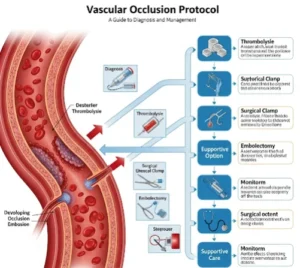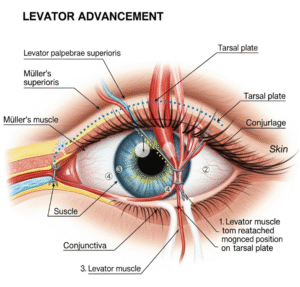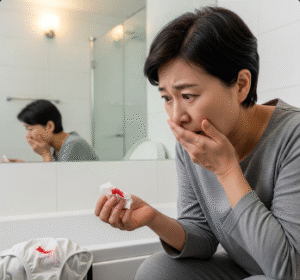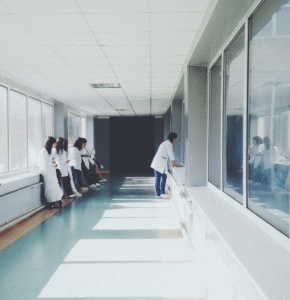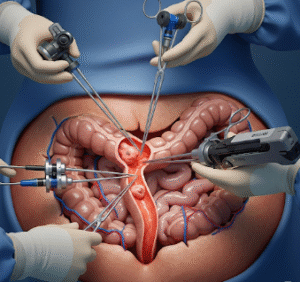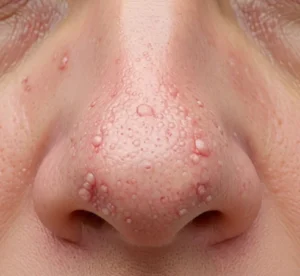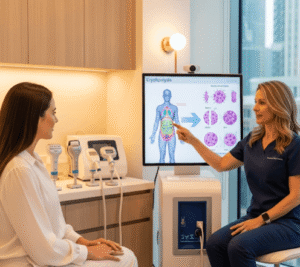Overview
Clinical trials are research studies that evaluate the safety, efficacy, and effectiveness of new medical treatments, drugs, devices, or interventions in humans. They are an essential part of medical research and play a key role in advancing healthcare, developing new therapies, and improving patient outcomes.
Importance of clinical trials:
- Test new medications, vaccines, or therapies before they are widely approved.
- Provide critical data on safety and side effects.
- Offer access to innovative treatments for patients with limited options.
- Contribute to evidence-based medicine and improved clinical guidelines.
In South Korea, clinical trials are strictly regulated by government authorities (like the Ministry of Food and Drug Safety) and conducted in hospitals, research centers, and universities, following international ethical and scientific standards.
Why They’re Done
Clinical trials are conducted to evaluate and validate medical interventions.
Common reasons include:
- ➤ Testing new drugs or vaccines for safety and effectiveness.
- ➤ Evaluating new surgical techniques or medical devices.
- ➤ Comparing standard treatments with new interventions to find better options.
- ➤ Understanding disease progression and identifying potential biomarkers.
- ➤ Investigating optimal dosing, side effects, and long-term outcomes.
Benefits for patients and society:
- ✔️ Early access to innovative treatments not yet widely available.
- ✔️ Contribute to medical knowledge and research advancements.
- ✔️ Improve treatment protocols and patient care.
- ✔️ Help prevent or manage diseases more effectively in the future.
Alternatives
Alternatives to participating in clinical trials depend on the medical condition:
- ➤ Standard of care treatments: Receive approved therapies outside the trial.
- ➤ Observational studies: Non-interventional monitoring of disease progression.
- ➤ Compassionate use programs: Access to experimental treatments when no alternatives exist.
- ➤ Lifestyle interventions or supportive care: Symptom management without experimental drugs.
Key point: Clinical trials offer opportunities that cannot be replaced by standard care, especially for conditions with limited treatment options.
Preparation
Preparation for participating in a clinical trial involves eligibility assessment, consent, and medical evaluations.
Steps include:
- ✅ Screening for eligibility: Age, disease stage, prior treatments, and general health.
- ✅ Medical history review: Chronic conditions, allergies, medications, and prior interventions.
- ✅ Informed consent: Understanding trial purpose, procedures, benefits, risks, and patient rights.
- ✅ Baseline tests: Blood tests, imaging, and physical exams to document initial health status.
- ✅ Lifestyle adjustments: Some trials require diet, activity, or medication restrictions.
Important: Proper preparation ensures patient safety, accurate data collection, and compliance with trial protocols.
How They’re Done
Clinical trials follow rigorous scientific protocols and are conducted in phases to ensure safety and reliability.
Phases of clinical trials:
- Phase I:
- Test safety, dosage, and side effects in a small group (20–100 participants).
- Closely monitored in hospital or clinic settings.
- Phase II:
- Evaluate effectiveness and further safety in a larger group (100–300 participants).
- Determine optimal dosing and short-term side effects.
- Phase III:
- Compare new treatment with standard care in large populations (300–3,000+ participants).
- Confirm efficacy, monitor side effects, and collect comprehensive data.
- Phase IV (Post-marketing studies):
- Assess long-term safety, effectiveness, and rare side effects after treatment approval.
Trial types:
- Interventional trials: Participants receive experimental treatment under protocol.
- Observational trials: Participants monitored without altering standard care.
- Randomized controlled trials (RCTs): Participants assigned randomly to treatment or control group.
- Double-blind trials: Neither participant nor researcher knows who receives the treatment to reduce bias.
Duration: Weeks to years, depending on disease, intervention, and trial phase.
Hospital stay: Usually outpatient; some phases require short inpatient observation.
Key point: Clinical trials follow strict ethical standards, monitoring, and data collection to ensure valid, safe results.
Recovery & Follow-Up
Recovery depends on the type of intervention being tested.
Immediate post-procedure care:
- Monitor for side effects or reactions from drugs, devices, or interventions.
- Record vital signs and symptoms according to the trial protocol.
Short-term follow-up:
- Regular clinic visits for blood tests, imaging, or physical exams.
- Monitoring for adverse events and efficacy markers.
Long-term follow-up:
- Document long-term effects, disease progression, and overall outcomes.
- Some trials require years of follow-up for safety and efficacy assessment.
Important: Compliance with follow-up schedules is crucial for participant safety and trial validity.
Possible Complications
Clinical trials carry potential risks, depending on the intervention:
- ⚠️ Adverse drug reactions: Ranging from mild (nausea, fatigue) to severe (allergic reactions, organ toxicity).
- ⚠️ Device-related complications: Malfunction or infection from surgical implants or medical devices.
- ⚠️ Unknown long-term effects: Especially for novel drugs or biologics.
- ⚠️ Trial-specific risks: Blood draws, imaging exposure, or surgical procedures.
- ⚠️ Psychological effects: Anxiety or stress from trial participation.
In South Korea, clinical trials are strictly regulated with ethics committees, safety monitoring boards, and emergency protocols to minimize risks.
Treatment Options / Clinical Relevance in Korea
Clinical trials in South Korea are advanced, regulated, and internationally aligned, providing patients access to cutting-edge therapies.
Key features:
- 🏥 Hospitals and research centers conduct trials for cancer, cardiovascular disease, rare diseases, and vaccines.
- 🏥 Ethics committee oversight and patient safety protocols ensure compliance with international standards.
- 🏥 Multidisciplinary teams including physicians, pharmacists, nurses, and research coordinators.
- 🏥 Access to innovative treatments not yet available commercially.
- 🏥 Integration with universities and pharmaceutical companies to advance medical knowledge.
Hospitals and research centers conducting clinical trials in Korea:
- Seoul National University Hospital – Oncology, cardiology, and rare disease trials
- Asan Medical Center – Cardiovascular and novel therapy trials
- Samsung Medical Center – Multidisciplinary clinical research programs
- Korean Red Cross and private research centers – Vaccine and pharmaceutical trials
Highlights in Korea:
- ✔️ Internationally recognized trial standards and patient safety protocols.
- ✔️ Early access to innovative drugs, devices, and therapies.
- ✔️ Multidisciplinary oversight ensures accurate results and ethical compliance.
- ✔️ Contributes to global medical research and evidence-based healthcare.
Highlights
- ➤ Clinical trials test new drugs, devices, or interventions for safety and efficacy.
- ➤ Indicated for patients needing experimental treatments, disease research, or preventive studies.
- ➤ Alternatives include standard care, observational studies, or compassionate use programs.
- ➤ Preparation involves eligibility screening, medical evaluation, and informed consent.
- ➤ Procedure varies by phase and intervention; outpatient or brief hospital observation is common.
- ➤ Recovery includes monitoring for side effects, follow-up visits, and long-term outcome tracking.
- ➤ South Korea provides advanced, ethical clinical trial infrastructure with international standards, offering early access to innovative therapies.


